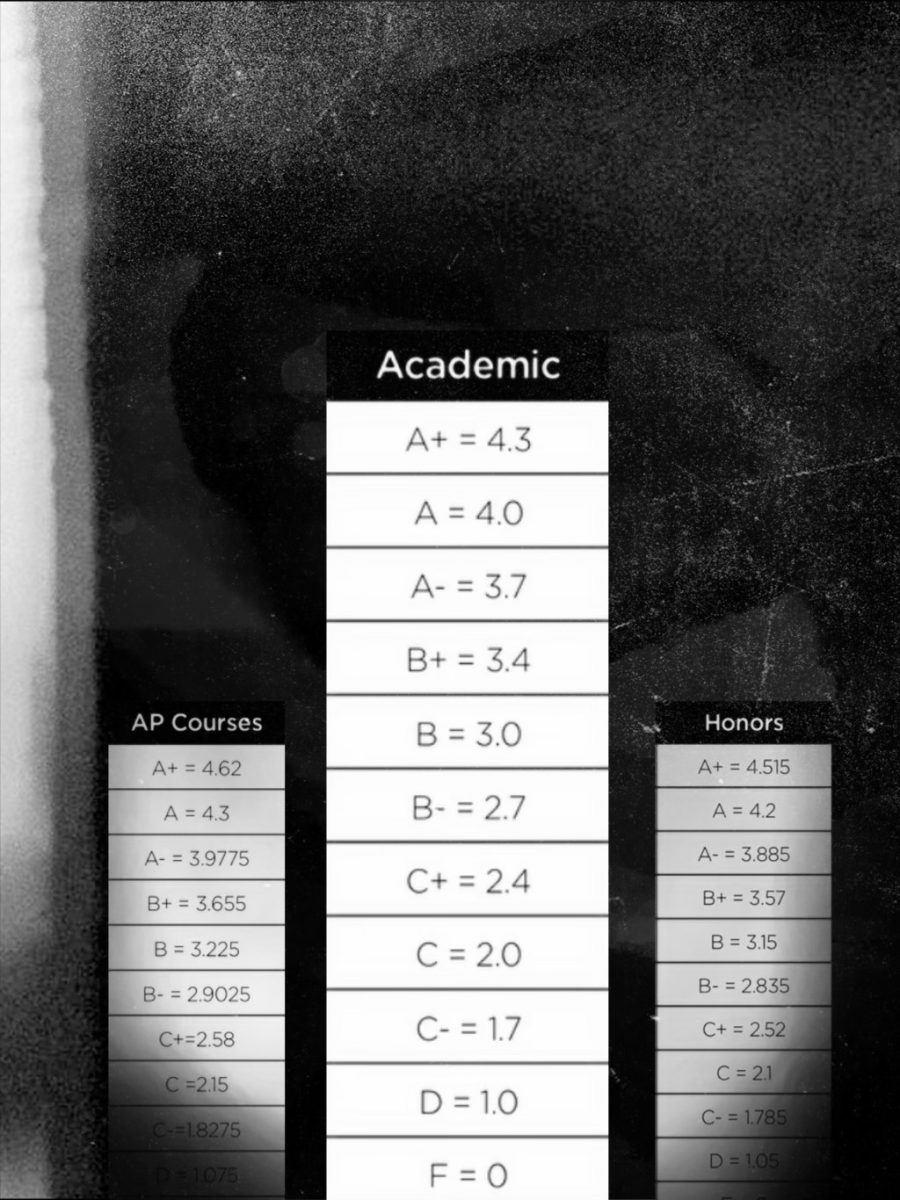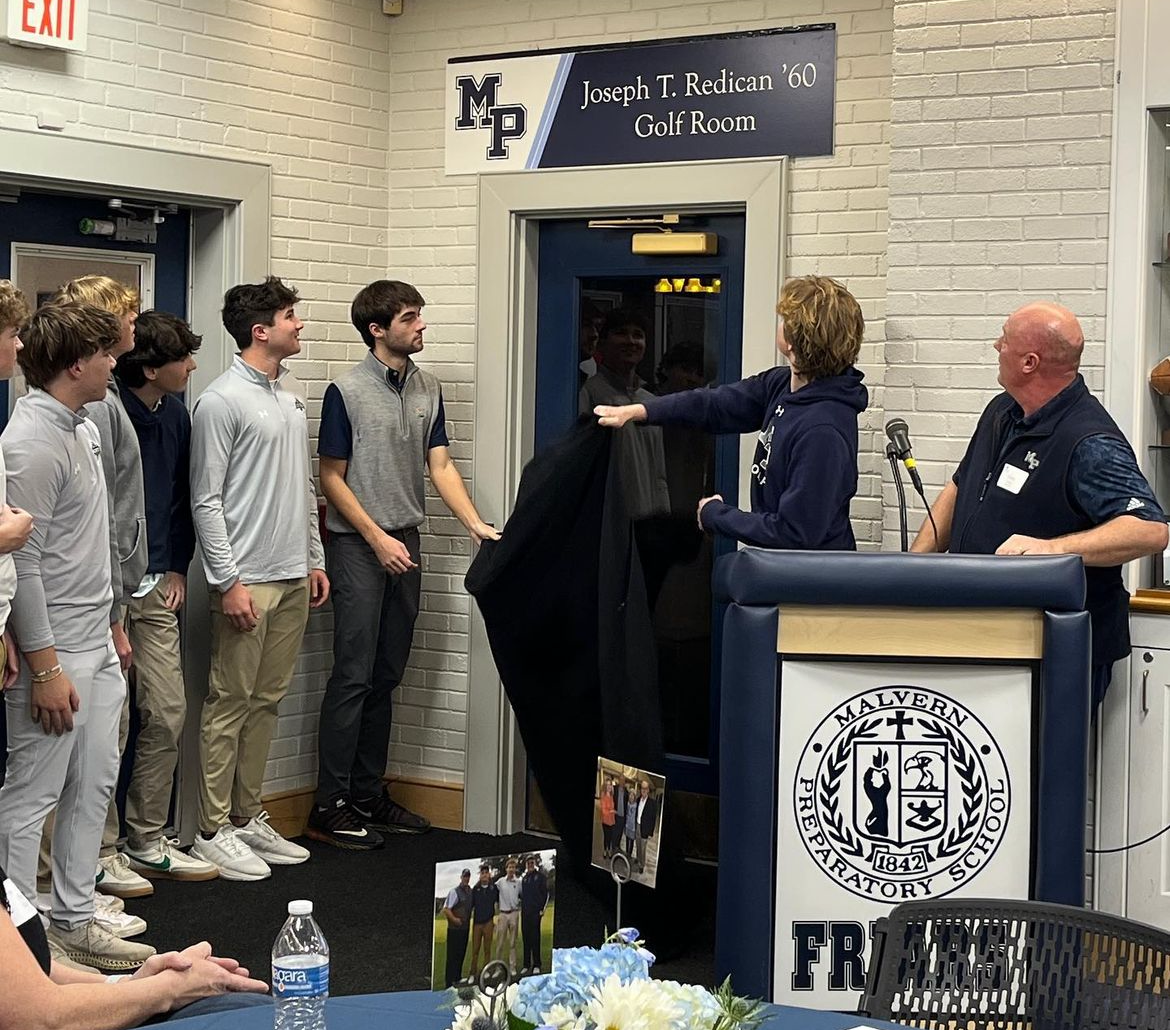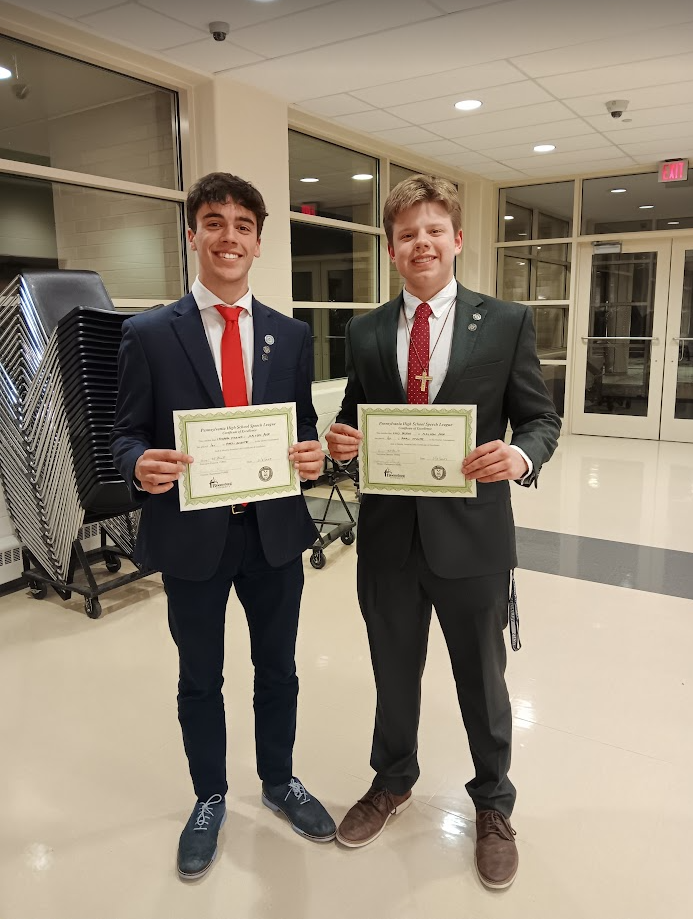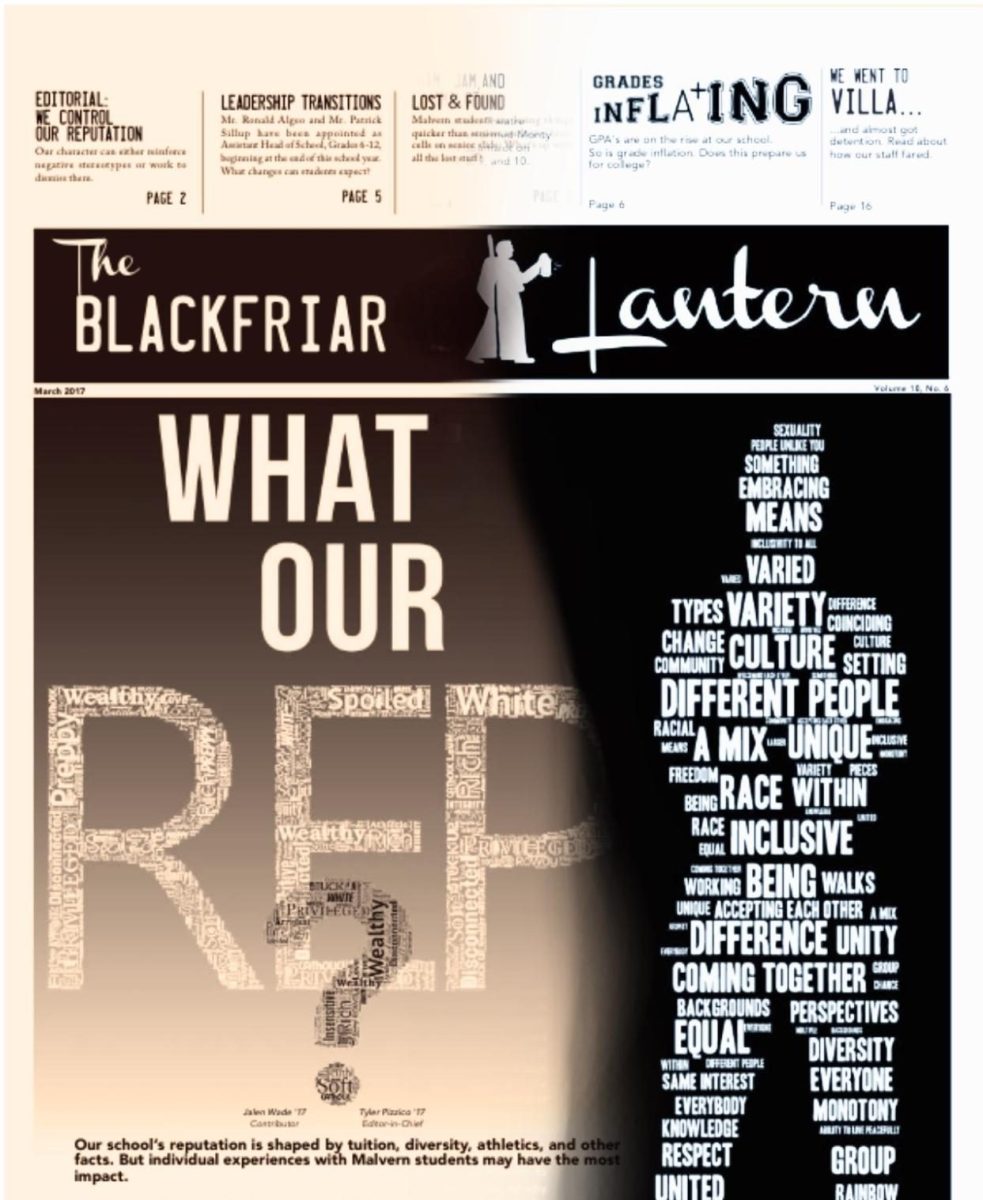Counselors and administrators are taking steps to keep students safe.
The first fact to note about drug and alcohol use for students is that it is illegal in all instances.
“We remind the students all the time that there is no responsible use of alcohol or drugs for teens because it’s illegal,” Dean of Students Mr. Tim Dougherty said. “It’s a problem that schools have faced for a long time. We are no different from other schools.”
A concern among some faculty is the percentage of students that choose to involve themselves in drugs and alcohol. The faculty does not know exact statistics in the Upper School student body, but they do know enough to speculate.
“I think it is a very hard thing to measure. I really don’t know the answer,” Associate Director of School Counseling Ms. Ann Wuetig said. “I know it is going on to a degree, but I am hopeful it is not any higher than the average adolescent population.”
Dougherty thinks that even one case of student substance use is too many.
“It’s too popular, I would say,” Dougherty said. “In the last four or five years, we’ve had more than thirty [student cases].”
In 2014, Malvern participated in the Monitoring the Future survey, an ongoing study of the behaviors, attitudes, and values of American secondary school students, college students, and young adults, according to its website.
The survey results did not provide specific school-wide data. However, national trends reported in this survey suggest that 29.9% of 10th graders and 38.7% of 12th graders used any illicit drug in 2014. This survey suggests that 44% of 10th graders and 60.2% of 12th graders drank alcohol.
Counseling Strategies
Malvern’s administration and counseling department are taking a proactive approach to communicating with students and parents about drugs and alcohol use.]
Malvern’s Counseling Department deals with drugs and alcohol in the student body through a proactive approach from many different angles., according to Wuetig.
“We are not big on using scare tactics,” Wuetig said. “We are big on really talking about facts and how it affects the mind and the body.”
Counseling classes which meet once a cycle for each grade provide an opportunity for counselors to teach resistance skills around drug and alcohol issues, according to the Malvern Curriculum Guide. According to Wuetig, the counseling curriculum also deals with legal issues around drugs and alcohol.
“Some of the consequences with the law are also things that some students respond to.” Wuetig said. “We have the police chief come in.”
Another main approach is through assemblies, such as Chris Herren’s talk in October 2015. Herren’s speech was a cautionary tale that described the dangers of abusing drugs and alcohol and their potential effect on a student’s future.
Student Perspectives
According to Wuetig, stopping students before they engage in drug or alcohol is the Counseling Department’s main goal. However, some students think that drugs and alcohol are already a part of the high school experience.
Senior Michael Gormley said that alcohol and drug use in his class is common, but may be lower than other classes. “It’s different among different circles,” he said. “By the time you are in senior year, it’s incredibly common.”
Gormley believes that students have primary responsibility to take care of themselves and to make responsible choices.
“It’s not commonplace for someone to make someone drink, and same with smoking or doing other drugs,” Gormley said. “At least in my experience, people have a great respect for each other and each other’s opinions and beliefs on everything carrying over into this issue.”
Freshman Joe Dettore suggested experimenting with alcohol may be common even in the lower grades.
“Usually when there’s a party there’s usually going to be some type of alcohol there,” Dettore said. “It’s bad when people abuse it, but I don’t think it’s bad when you are just trying it out.”
Junior Peer Educator Kyle Hegarty believes that drug and alcohol use is mildly popular among students.
“People that choose to use these substances do, but those that aren’t interested don’t,” Hegarty said. “I don’t believe that people are pressured one way or the other.”
Peer Educators is a group that presents drug and alcohol information to the eighth grade health classes, and takes field trips where facts about high-risk behaviors are taught, according to the Malvern Prep website.
Hegarty doesn’t think substance usage is something to worry about at Malvern.
“I wouldn’t say it’s a major problem. Drugs and alcohol are only one small part of the social scene among the upper school student body,” Hegarty said. “People that use are generally in the minority.”
Parent Involvement
The Malvern Student Handbook states a strong stance on parent responsibility for responsible and legal behavior concerning drugs and alcohol.
A section titled ‘Expectations of Malvern Parents’ states, “The Board of Trustees, Administration, and Faculty of Malvern Prep condemn the practice of any parents who willingly and knowingly permit their sons to engage in such activities. It should be expressly understood by all Malvern parents that such conduct on their part, including, but not limited to, providing alcoholic beverages or controlled substances to their sons or other minors, subjects their sons to the severest possible penalties imposed by Malvern.”
An email sent to parents on September 11 warning them about parties at Edgely field, a park known for parties with underage drinking, stated, “All too often we become of aware of binge drinking, drug overdoses, sexual assaults and life-changing accidents with teens after they occur. Rarely are we afforded the opportunity to head off disaster before it occurs, and the School sees this as such unique chance.”
Similar emails were sent October 30 and April 28 regarding Edgely, the Life in Color concert, and end-of-year celebrations.
“We have to make sure parents are aware. We help parents,” Dougherty said. “We give them a heads up when there are events that kids may go to and make bad decisions.”
The administration wants to make sure that the end of the year goes as smoothly as possible, and they use these emails to help with that, according to Dougherty. They want the students to end their year responsibly.
“When school’s winding down and it’s finally sunny, kids sometimes make bad decisions. We want to make sure that the end of they year is a good time of the year,” Dougherty said. “Together with the parents we’re trying to make sure that kids are acting responsibly.”
To further aid the Malvern community in preventative measures, an optional drug testing service is available.
“We do have a drug testing program,” Wuetig said. “If parents want their sons to be tested, we help implement those tests.”
School Nurse Ms. Catherine McGettigan sets up these tests. She thinks that the current program is effective for a few different reasons.
“It gives [the students] the option to say, ‘I don’t know when I’m going to be tested,’” McGettigan said, “‘and I certainly don’t want to do this because if I get tested my parents will kill me.’ In that respect I think it’s good.”
She also likes the program because students have volunteered themselves for the testing before. According to McGettigan, these students reached out because knowing that they were going to be tested would prevent the students from wanting to use.
“I think it’s helpful because it’s a tool for the student to self-monitor their own behavior,” McGettigan said.
She approves of the current system of testing because it helps to effectively recognize students in need of help. But in the end, McGettigan believes that the student must truly want help if any progress is to be made.
“I feel it comes back down to the student himself,” Mcgettigan said. “He needs to want that help and he needs to want to fix that, to stop doing what he’s doing.”
Front Lines
In dealing with these issues, Wuetig says she and her fellow counselors are on the front lines with Dr. Dorothy Sayers, school psychologist, to offer more help if needed. To most effectively deal with the situation, the counselors and Sayers follow Malvern’s policy combined with support for the students involved, according to Wuetig.
“If there is an issue, the school counselors are there to assess the situation,” Wuetig said. “If it’s something that we think is a problem, more often than not we’ll refer the student to Dr. Sayers so they can get some extensive counseling.”
That front line, however, includes a zero-tolerance policy for drugs or alcohol on campus, according to Dougherty.
“You face everything from dean’s warning to suspension to expulsion for a violation,” Dougherty said about Malvern’s Drug and Alcohol policy.
The school’s policy, as stated in the student handbook, reads: “Any student who possesses, consumes, transports, sells, gives, or otherwise provides another with drugs, drug paraphernalia, and/or alcohol, or who participates in activities related to said matters, on Malvern Preparatory School property or at any School-sponsored function or event may, upon review, face suspension and possible expulsion from the school. This Policy is in force during School, at all School-sponsored events, and during all School trips.”
This policy is part of six pages in the student handbook dedicated the the specifics of Malvern’s policies on drugs and alcohol. In more than one instance, this policy refers to possible repercussions for substance use off campus.
If Malvern is provided with evidence or observations of a student using alcohol or drugs, on or off-campus, then that student could be subject to a consultation with a counselor, probation with no more strikes, random drug testings, and drug rehabilitation counseling, according to the Malvern Student Handbook.
“In the past, police have called us and told us about kids who have had violations. Those students face repercussions,” Dougherty said.
The faculty try to prevent these repercussions through many approaches like parent outreach. If their actions make a difference, then they succeeded, according to Dougherty.
“As long as parents talk to their kids, I think we’ve won,” Dougherty said. “We’ve won by making sure those conversations take place.”












